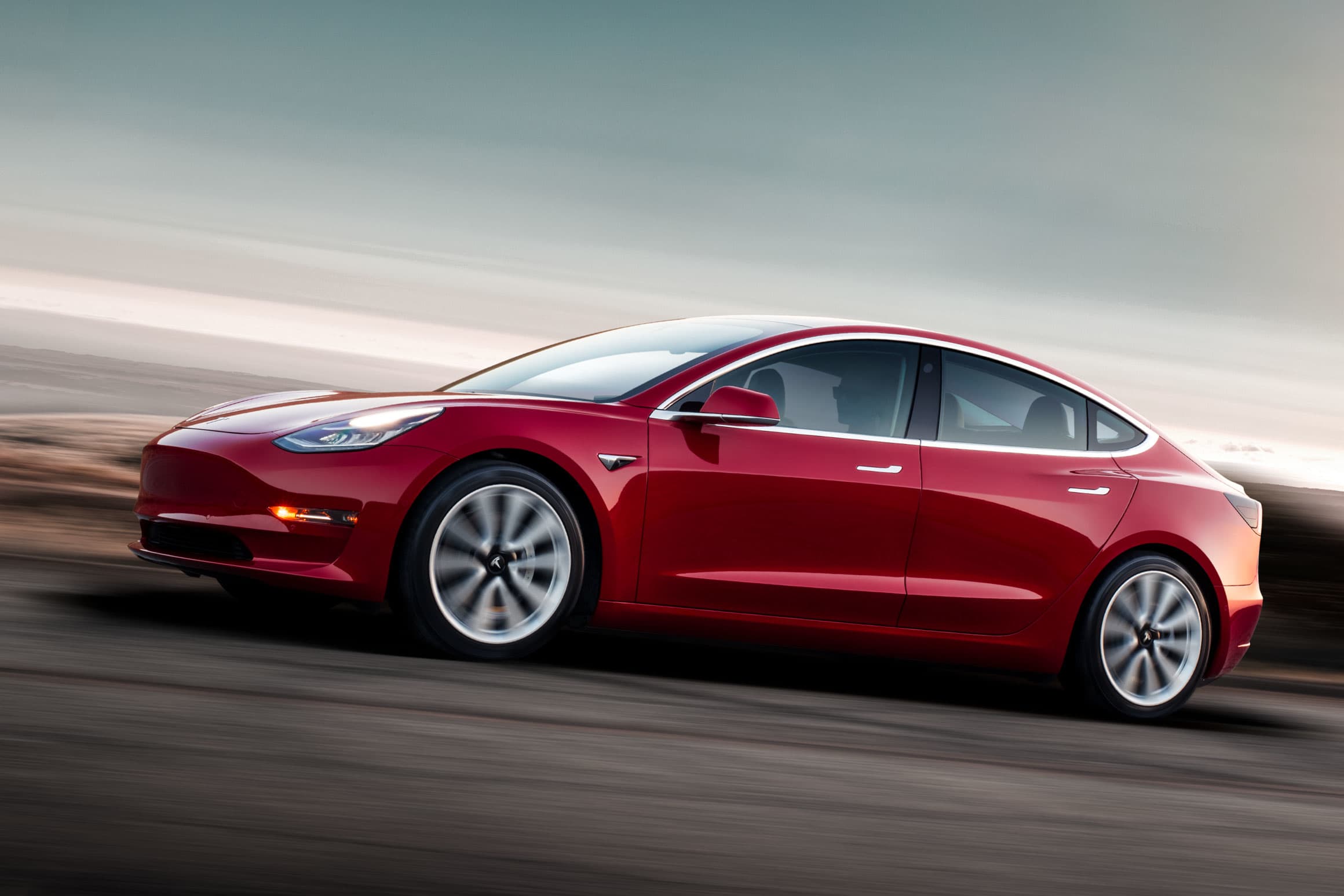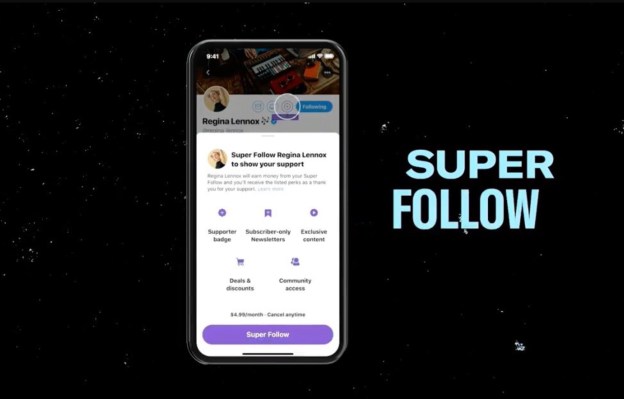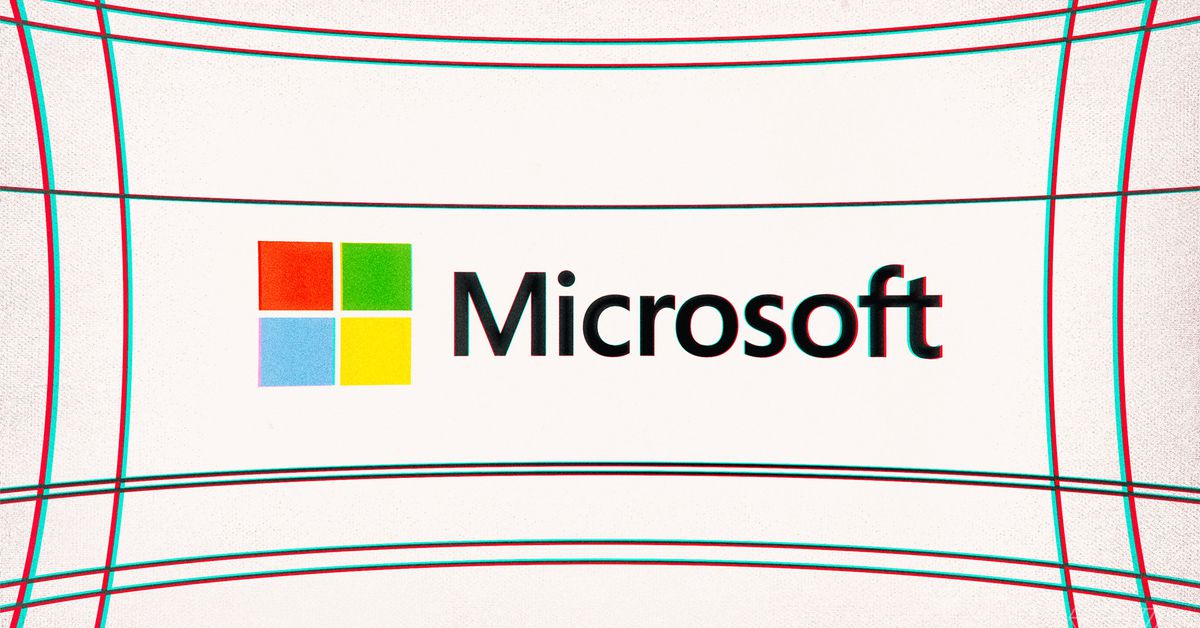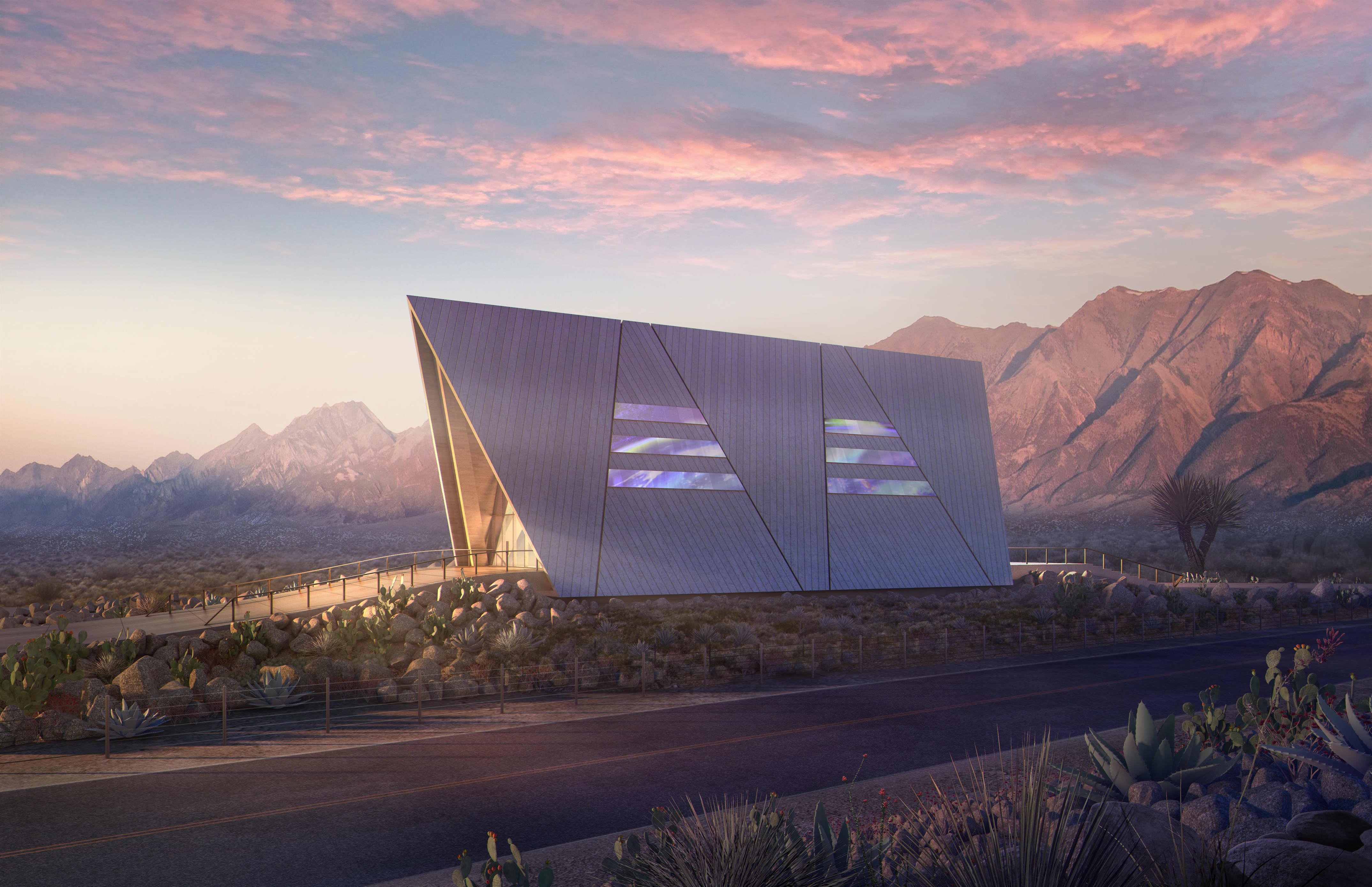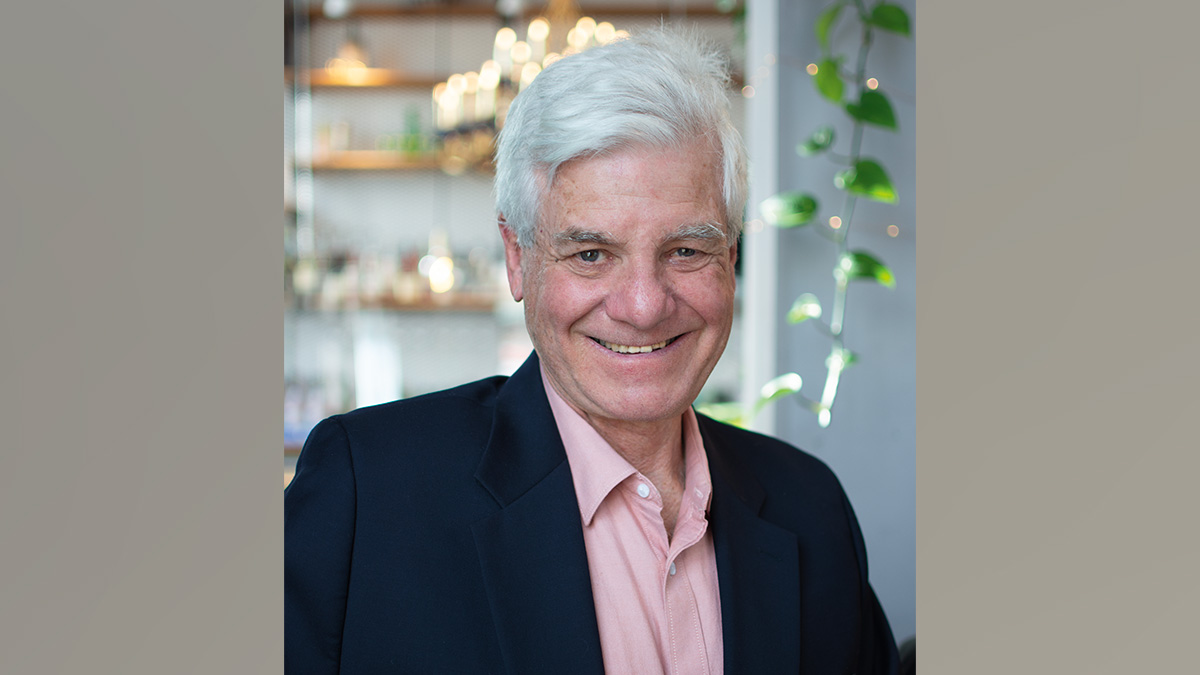Toyota has gone from lobbying against EVs to spending billions on battery development
Photo by Amelia Holowaty Krales / The VergeToyota, the largest automaker in the world, announced that it will spend $3.4 billion on “automative batteries” in the US through 2030 — a little more than two months after it was...
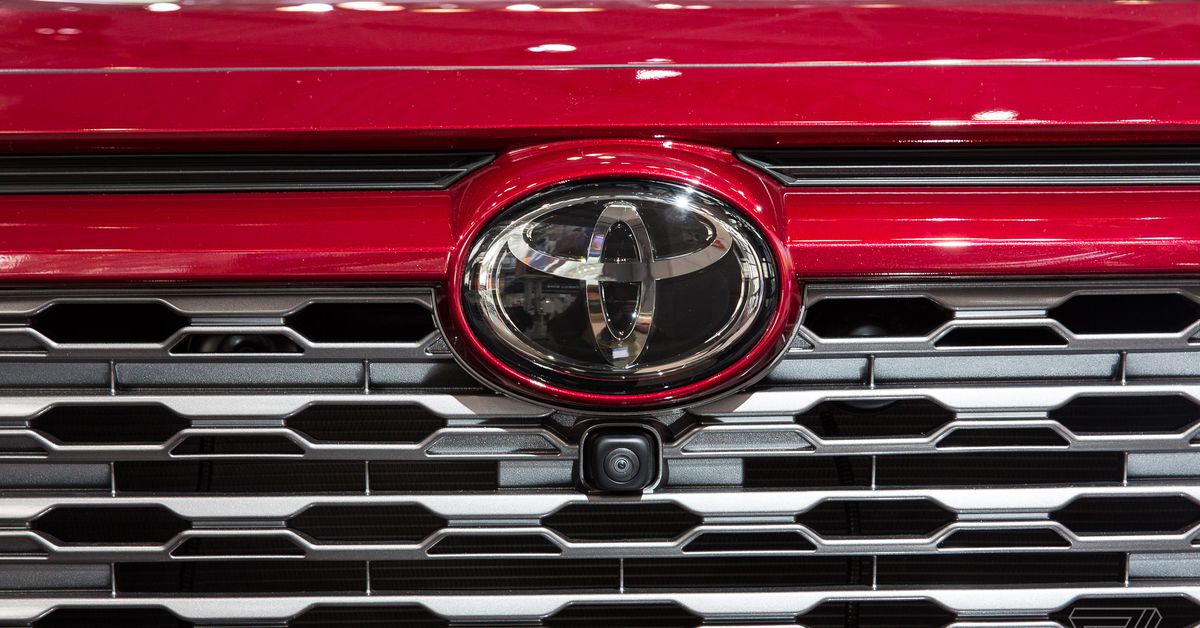
Toyota, the largest automaker in the world, announced that it will spend $3.4 billion on “automative batteries” in the US through 2030 — a little more than two months after it was revealed that the company was quietly lobbying elected officials in Washington, DC to slow the transition to electric vehicles.
As part of the deal, Toyota will build a new $1.29 billion factory in the US to make batteries for electric and hybrid vehicles, which the company says will generate 1,750 new jobs. The automaker is the latest to announce plans to shore up battery manufacturing in the US, which has been a key goal of the Biden administration’s effort to speed up the switch to EVs.
Of course, Toyota wasn’t always so bullish about electric vehicles. Last July, it was reported that top Toyota executives met with congressional leaders behind closed doors to advocate against Biden’s plans to spend billions of dollars to incentivize the shift to EVs. The company was also pushing back against the administration’s plan to adopt the so-called California compromise regarding fuel economy standards as its official position.
But since then, a number of Toyota’s competitors have made moves to accelerate the production of battery-electric vehicles in the US, including Ford, which announced plans to spend $11.4 billion on the construction of several new battery facilities, and Stellantis, which said it would build its own battery factory to help it get to 40 percent of its US sales from electric vehicles.
Despite its efforts to undermine pro-EV policies, the company is positioning itself as a committed participant in the electrification of the auto industry. Toyota said it will form a new company to run its new battery plant with Toyota Tsusho, a subsidiary that now makes an array of parts for the automaker.
“Toyota’s commitment to electrification is about achieving long-term sustainability for the environment, American jobs and consumers,” said Ted Ogawa, CEO of Toyota Motor North America, in a statement. “This investment will help usher in more affordable electrified vehicles for US consumers, significantly reduce carbon emissions, and importantly, create even more American jobs tied to the future of mobility.”
For years, Toyota did enjoy a reputation as an early adopter of battery-powered transportation. With the release of the Toyota Prius in 1997, the company helped pave the way for Tesla and others by proving that vehicles with alternative powertrains could be immensely popular. More recently, the automaker revealed plans to release 70 new models by 2025, including battery-electric, hydrogen fuel cell, and gas-electric hybrids.

 Aliver
Aliver 







